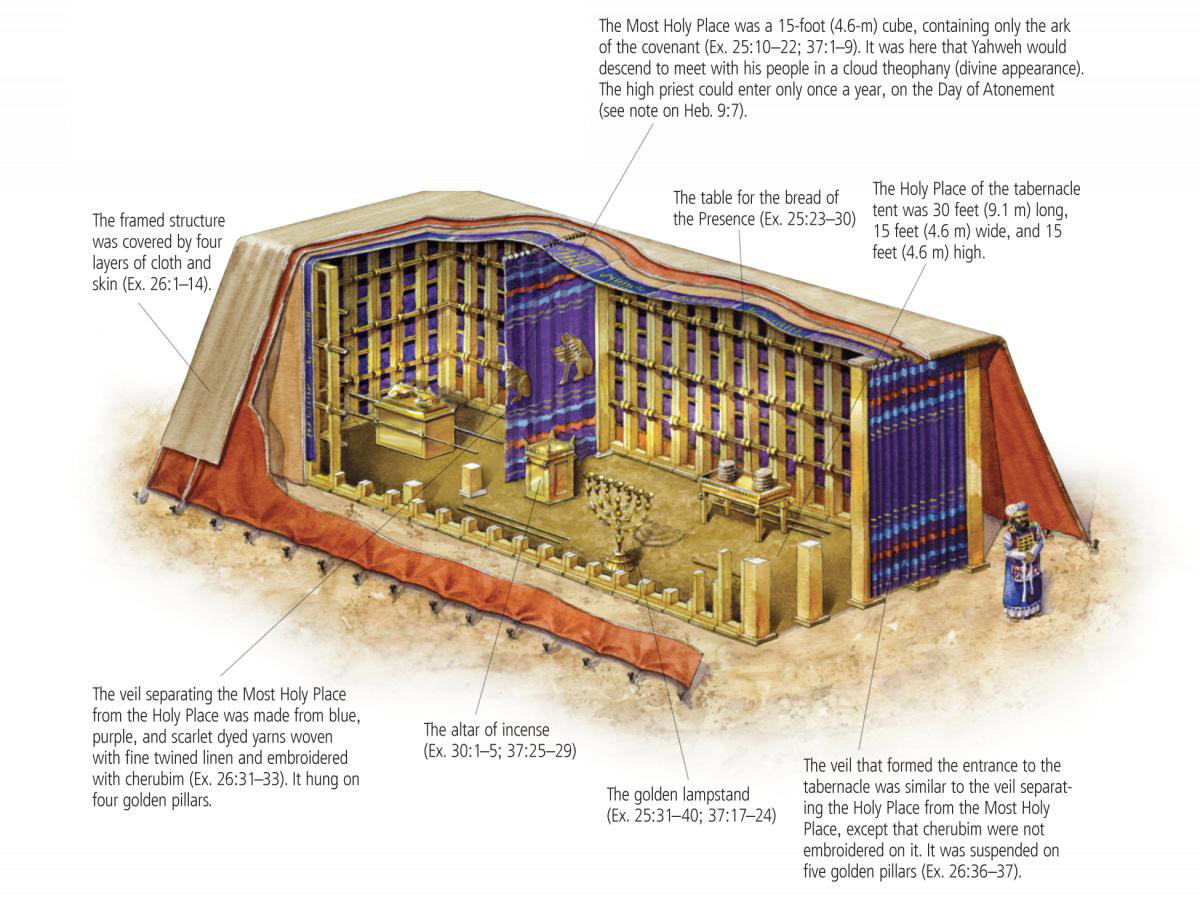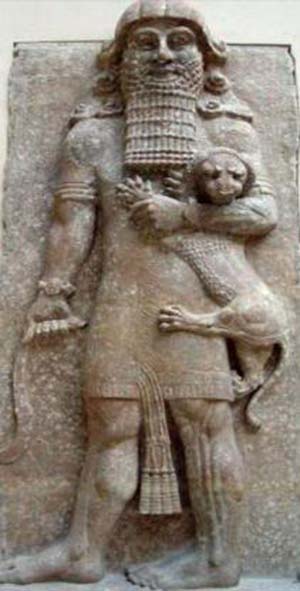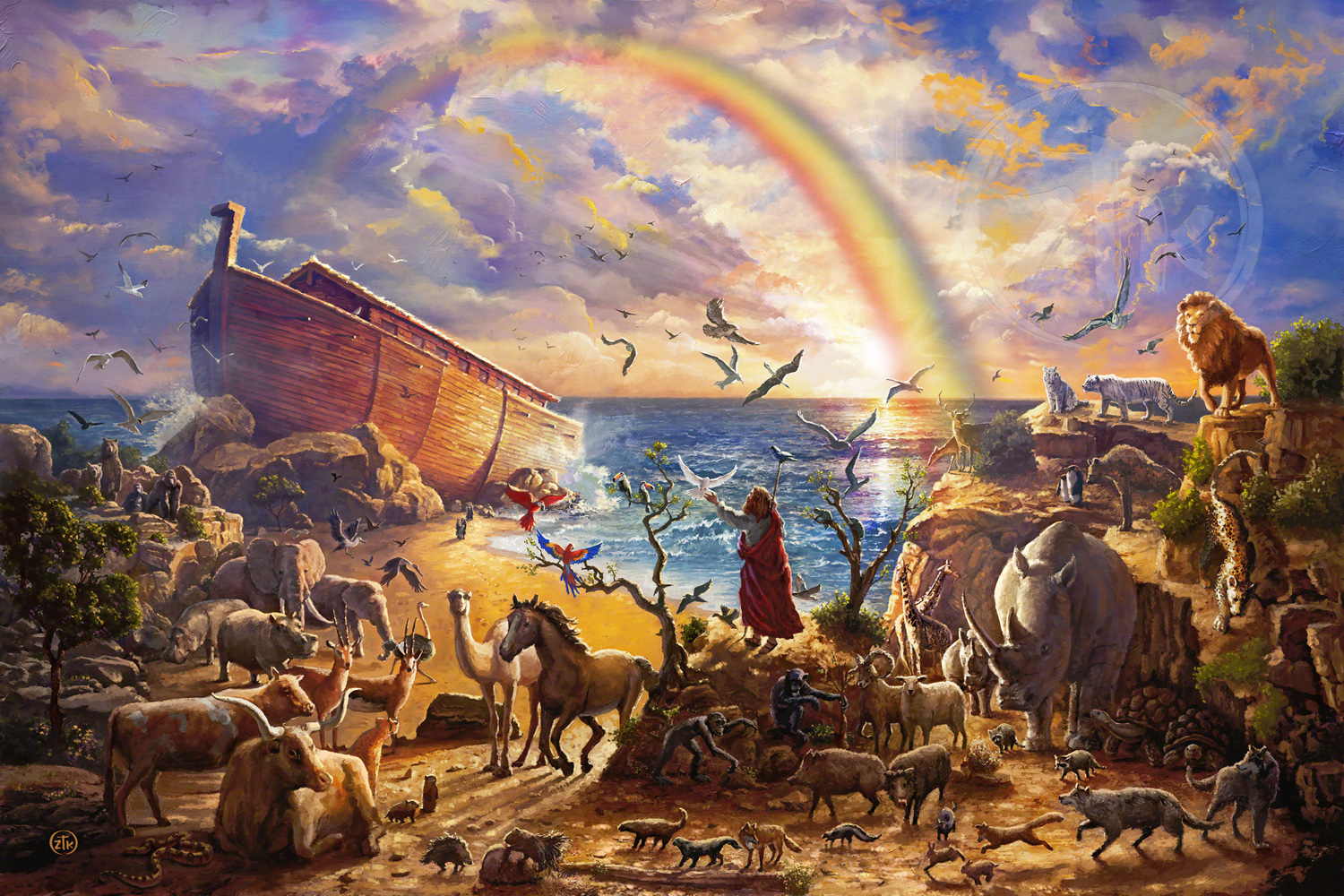King of Syria: Hazael; King of Judah: Ahaziah; King of Israel: Jehoram
2 Chronicles 22 (2 Kings 10)
Ahaziah did wickedly thanks to his mother because his counselors were from the kingdom of Israel, who at this time we are also wicked towards Jehovah. In fact, we have another set of kings of Judah and Israel who have joined forces. These ones went after Hazael king of Syria and were defeated. They were also together when Jehu was wiping out the house of Ahab, thus Jehu also wiped out Ahaziah of Judah and Jehoram, grand child of Ahab, of Israel.
22:10 – But when Athalilah the mother of Ahaziah saw that her son was dead, she arose and destroyed all the seed royal of the house of Judah.
I asked this before but just what was the “seed” that was destroyed. Let’s revisit this again. A mother is able to wipe out Ahaziah’s brothers? How did she do it? What kind of power does a mother have to wipe out a group of boys/men? Was it living beings that she destroyed? Items are destroyed. People are killed! The author said seeds (items) are destroyed.
What are we missing here? First thing I thought was DNA, or cells, or even fetus. Imagine a fetus in a jar, (or god forbid, being in a woman’s womb) being incubated, and here comes Athaliah and knocks the jar to the ground (or kills the mothers), killing the SEEDS since they are not living out of the womb. Of course this requires technology in the case of incubation, or pregnant mothers, neither not mentioned in the bible up to this point.
UNLESS, you skip back to the story of Noah… just HOW was he able to get 2 (or 7) of each animal in an ark? How about DNA, or animal fetus’ to reseed the earth after the flood was over? I’ve said it before, multiple times, and I’ll say it for 2 Chronicles 22 (interesting numerology being it is 1/3 of 666) again: These stories sound like ancient science fiction, quite possibly taking place not on this planet, but on another planet or another galaxy. Take a gander at the Book of Jasher to see it really sound extra-terrestrial.
This reminds me of the flood version of the Epic of Gilgamesh (which BTW is much older than the biblical flood story, meaning there is a high probability the flood of Noah is just a later copied version of Gilgamesh.) Gilgamesh too carried all the animals he could into his boat, and many think he had some sort of seed or DNA because his boat was nowhere near the size of Noah’s. It’s quite possible Noah’s ark was bigger because the revision writer had to make the story make more sense of all the supposed animals being put into the ark.
Back to the story, among the dead brothers (jars?) Jehoshabeath took Joash the son of Ahaziah who was still alive we assume, and him and nurse go to a bedchamber (a laboratory?). He is hidden in the house of Elohim for 6 years.
Ahaziah’s mother Athaliah reigns over the land since none of the seeds, ahem brothers lived to take Ahaziah’s place, and it seems Joash isn’t incubated… ahem grown enough to become king.
What’s very odd is other men of the family or of Judah couldn’t just get rid of Athaliah, paving the way for Joash the next heir to come out of hiding. Just what is going on here?


